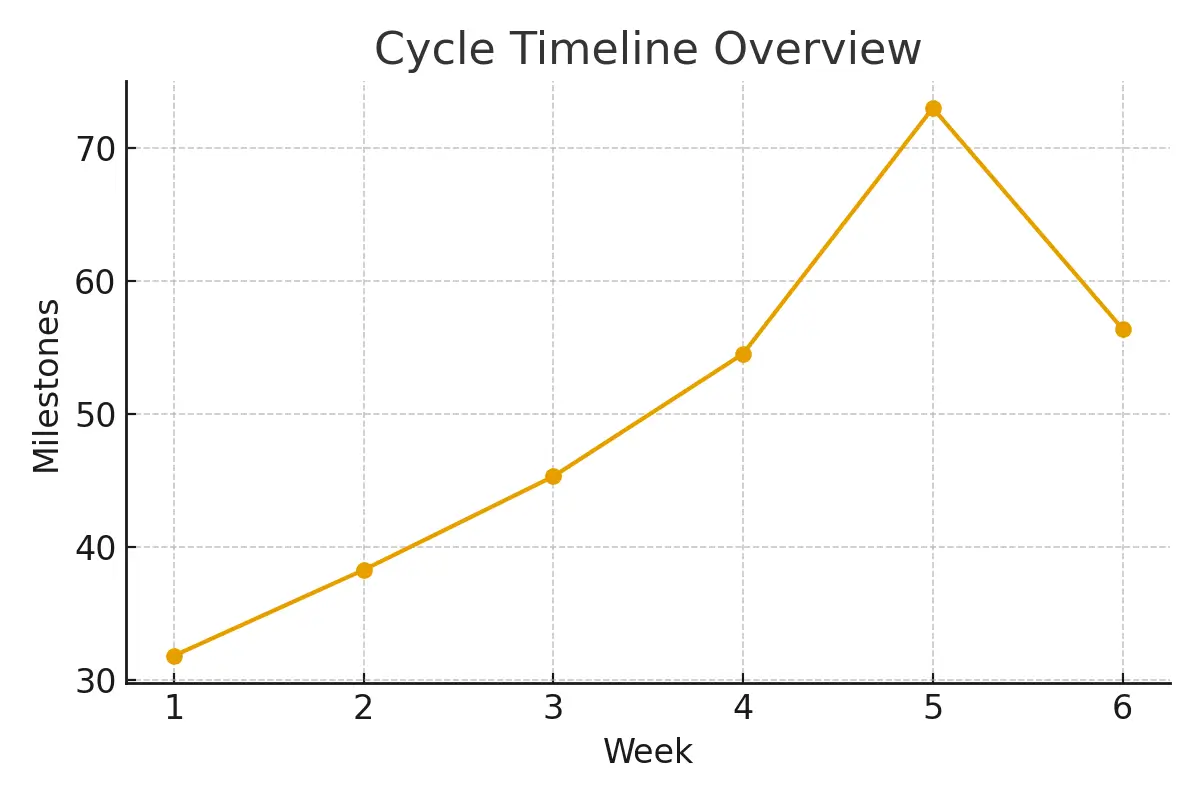
Transfer day is one of the most emotional and critical milestones in your IVF journey. Whether you are just beginning your fertility treatment or nearing the final stages, understanding how to prepare for transfer day can significantly improve your experience and outcomes. This guide outlines a detailed transfer-day preparation checklist, explains timing strategies, and shares practical insights about IVF costs, success rates, and how to make your fertility journey in NYC smoother and more predictable.
Understanding Where Transfer Day Fits in the IVF Journey
Definition and Context
Transfer day marks the moment when the carefully cultured embryo is placed into the uterus. It follows oocyte retrieval, fertilization, and embryo development—each a crucial part of the IVF cycle. This step connects lab science with human biology, requiring precision, emotional readiness, and clear communication with your fertility team.
Eligibility and Timing: When to Proceed or Pause
Eligibility Signals
You’re generally ready for transfer when:
- Embryo development meets blastocyst standards.
- Hormone levels and uterine lining are synchronized.
- No active infections or complications are detected.
When to Pause
Your clinic may delay transfer if:
- Hormone levels are unstable.
- The uterine lining hasn’t reached optimal thickness.
- You or your partner need more time for medical or emotional recovery.
Being patient at this stage often improves IVF success rates, as proper timing ensures a healthier environment for implantation.
Step-by-Step: Preparing for Transfer Day
- Confirm timing with your clinic 2–3 days in advance.
- Review medication schedule — especially progesterone support.
- Avoid perfumes, makeup, or scented products that can interfere with lab sterility.
- Hydrate well and follow pre-procedure fasting rules.
- Arrange transportation to reduce stress post-procedure.
- Discuss post-transfer rest and activity limits with your care team.
Small, organized steps make the patient journey easier and help your medical team deliver smoother care.
IVF Costs and Practical Budgeting
Understanding What You Pay For
The cost of IVF treatment in NYC can differ greatly based on factors like clinic reputation, laboratory standards, and the level of treatment required. Below is a clearer look at common expenses involved in an IVF cycle:
- Medications: Approximately $3,000 – $6,000
- Genetic Testing (PGT-A): Approximately $2,000 – $4,000
- Anesthesia and Egg Retrieval: Approximately $1,000 – $2,500
- Embryo Transfer Procedure: Approximately $1,500 – $3,000
- Additional Laboratory Services: Starting from $1,000 and up
Transparent discussions about costs help patients avoid surprises and focus on results, not invoices.
Pros, Cons, and Key Outcome Drivers
Pros
- Personalized timing can boost success rates.
- Emotional preparedness enhances patient satisfaction.
- High-quality lab coordination reduces stress and error.
Cons
- Multiple cycles may be needed.
- Costs can increase with advanced procedures.
- Emotional fatigue is common but manageable with support.
Outcome Drivers You Control
- Consistent medication use.
- Honest communication with your care team.
- Managing lifestyle factors—sleep, nutrition, and stress.
Outcome Drivers You Monitor
- Embryo quality and lab results.
- Hormonal and uterine readiness.
- Genetic test outcomes.
Questions to Ask Your Clinic
- How is my transfer date determined?
- What are your average IVF success rates?
- How can I manage costs if multiple cycles are needed?
- What’s included in your quoted package?
- What aftercare is available if implantation doesn’t occur?
These questions help you make data-driven and emotionally confident decisions.
Expert Insight
“Protect timing and keep plans simple—quality improves when noise goes down.” — Clinical Team
This principle reminds patients that simplicity, clarity, and timing often determine the difference between stress and success.
Patient Case Study
A Manhattan couple began their fertility treatment uncertain about timelines and expectations. After following a structured transfer-day checklist, aligning medications, and planning logistics, their experience became predictable and calm. The result? Improved IVF success rates and higher confidence throughout their journey.
Testimonials
- “The steps finally made sense.” — A.&J., Manhattan
- “Costs were clear; no surprise bills.” — L., Hoboken
- “Nurses replied fast with practical coaching.” — K.&V., Queens
Next Steps with Surrogacy4All
At Surrogacy4All, we simplify the IVF journey for patients across NYC through expert guidance, cost transparency, and compassionate care. Schedule a free 15-minute nurse consult, upload your lab results for a second opinion, or request a personalized cost breakdown. Your pathway to fertility success begins here—with clarity, confidence, and care.
Frequently Asked Questions (FAQs)
Q: Is this medical advice?
Ans: No. Use this information to guide conversations with your fertility clinic in NYC.
Q: How many IVF cycles should I plan?
Ans: Think in ranges; cumulative success often matters more than a single cycle.
Q: What drives IVF costs most?
Ans: Medications, lab testing, and total cycle count are major factors.
Q: Can lifestyle affect IVF success rates?
Ans: Yes—nutrition, rest, and stress management significantly impact fertility outcomes.
Q: How do I choose the right clinic in NYC?
Ans: Look for transparent pricing, realistic success rates, and patient-centered communication.

Dr. Kulsoom Baloch
Dr. Kulsoom Baloch is a dedicated donor coordinator at Egg Donors, leveraging her extensive background in medicine and public health. She holds an MBBS from Ziauddin University, Pakistan, and an MPH from Hofstra University, New York. With three years of clinical experience at prominent hospitals in Karachi, Pakistan, Dr. Baloch has honed her skills in patient care and medical research.





